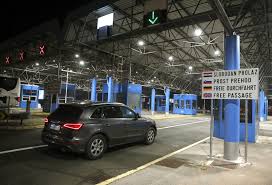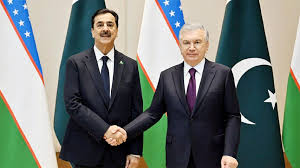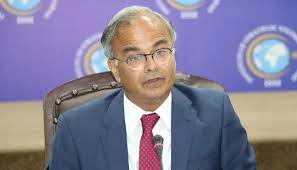Croatia, Italy & Slovenia Agree to Maintain Internal Schengen Border Controls

Interior ministers of Croatia, Italy, and Slovenia have decided to maintain border controls.
The minister said that internal border controls are crucial in preventing irregular migration and smuggling.
The official stressed that the controls will not interfere with the freedom of movement within the Schengen Area.
Croatia, Italy, and Slovenia have agreed to continue keeping in place internal Schengen border controls with one another.
The interior ministers of Croatia, Italy, and Slovenia had a trilateral meeting yesterday. During this meeting, the officials agreed that border controls are necessary to fight irregular migration and people smuggling to the bloc, Schengen.News reports.

According to the ministers, internal border controls are only a temporary measure that can not be extended indefinitely.
For this reason, the three countries’ authorities are now working on finding a solution to replace the internal border controls, and they have already agreed to strengthen police cooperation.
As the Minister of Interior of Slovenia, Boštjan Poklukar, explained, an alternative to the internal border controls could be joint police patrols on the external Schengen border.
I believe that the three of us will soon come to a common solution that will replace internal border controls.
Minister Poklukar further emphasised that Slovenia is ready to participate in such patrols and, at the same time, said that they do not aim to keep the border controls beyond the end of this year.
Speaking on the large number of tourists entering Slovenia from Croatia during the summer season, Minister Poklukar said that controls will not be “a big problem”.
Border Controls Will Not Interfere With Free Movement, Italian Interior Minister Said
While border controls are currently necessary to prevent irregular migration and people smuggling, the Minister of Interior of Italy, Matteo Piantedosi, said that they will not interfere with the freedom of movement.
Minister Piantedosi also disclosed that the measures have proven to be effective so far, with the country arresting 190 people, among which 90 for being involved in people smuggling activities, and refusing entry to around 1,800 people who did not meet the entry rules, among others.
The Minister of Interior of Croatia, Davor Božinović, also commented on the matter. He said that despite the measures, Croatian, Slovenian, and Italian citizens have not experienced any inconvenience in their daily activities when crossing the border.
Minister Božinović also said that police cooperation between the three countries is already established.
A quick and effective exchange of information between the police means greater security in our three countries as well as in the European Union itself. As for our cooperation with three states in police formats, I must say that it is already established.





